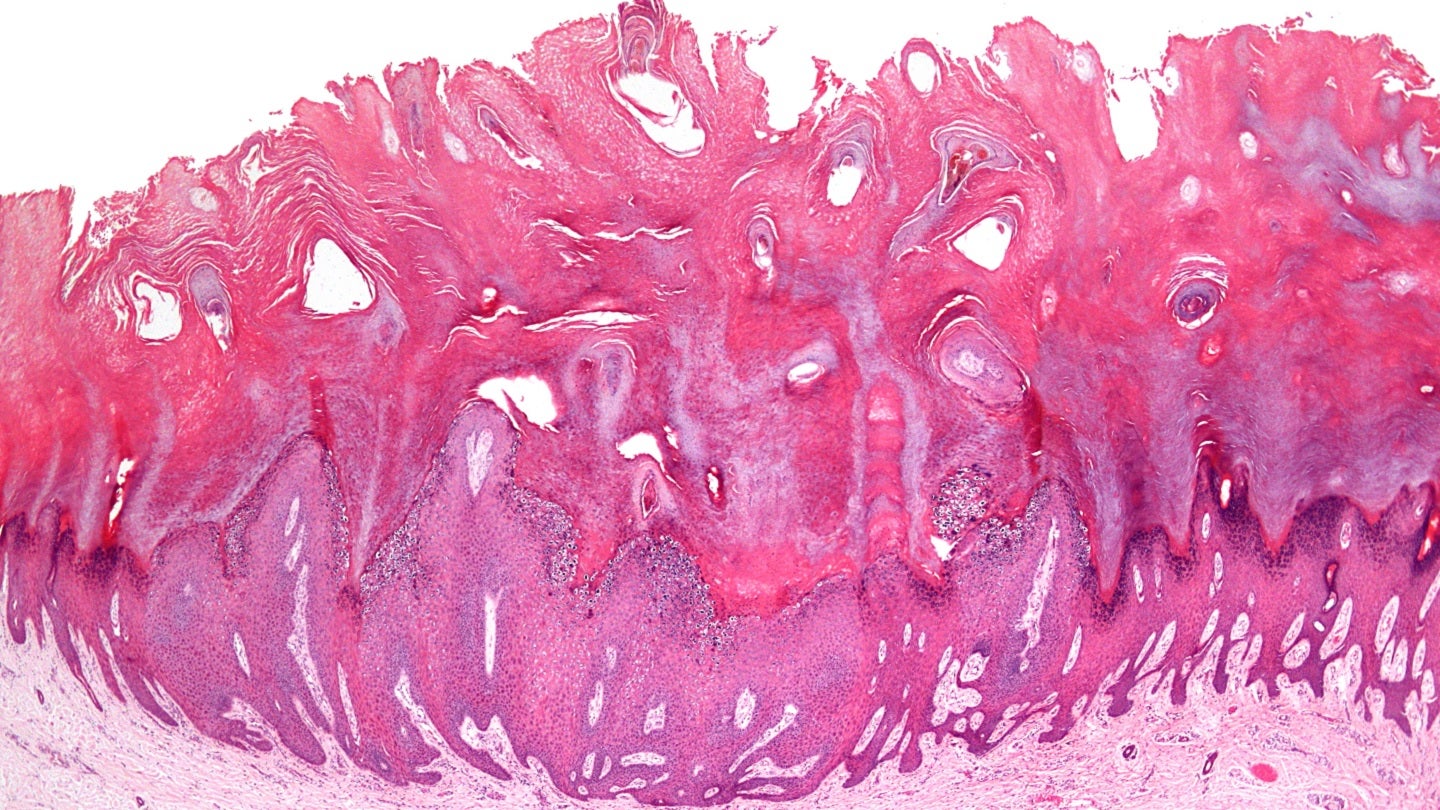
KinoPharma in partnership with IWAKI SEIYAKU has started a Phase II clinical trial of a drug candidate to treat cutaneous warts, a human papillomavirus (HPV) infection.
The clinical trial aims to evaluate the drug candidate’s efficacy. The decision to start the Phase II clinical trial was made after confirming the drug’s safety in humans and animals.

Discover B2B Marketing That Performs
Combine business intelligence and editorial excellence to reach engaged professionals across 36 leading media platforms.
The companies have also submitted a notification of clinical trial to the Pharmaceuticals and Medical Devices Agency (PMDA), a Japanese regulatory agency.
Since January 2021, the two companies have been working on the development of an ointment based on KinoPharma’s new concept of HPV antiviral drugs targeting human host factors.
The new ointment formulation is proposed to be an optimal delivery method to treat for HPV infection on the skin and mucous membranes.
In August last year, the collaboration was expanded with the signing of a co-development and commercialisation agreement to advance the clinical development for the treatment of cutaneous warts.

US Tariffs are shifting - will you react or anticipate?
Don’t let policy changes catch you off guard. Stay proactive with real-time data and expert analysis.
By GlobalDataCutaneous warts are small proliferative non-cancerous lesions (benign tumours) of the skin. They are a type of infection caused by the HPV.
Generally, the treatment includes cryotherapy using liquid nitrogen. It requires repeated procedures and usually causes pain.
HPV infection is known to cause several diseases such as reproductive organ (cervical cancer), anogenital (condyloma acuminatum, anal cancer), and upper aerodigestive tract (oropharyngeal cancer), and skin (cutaneous warts) diseases.
More than 100 different types of HPV have been identified, some of which may cause, while others may cause benign neoplasms.



